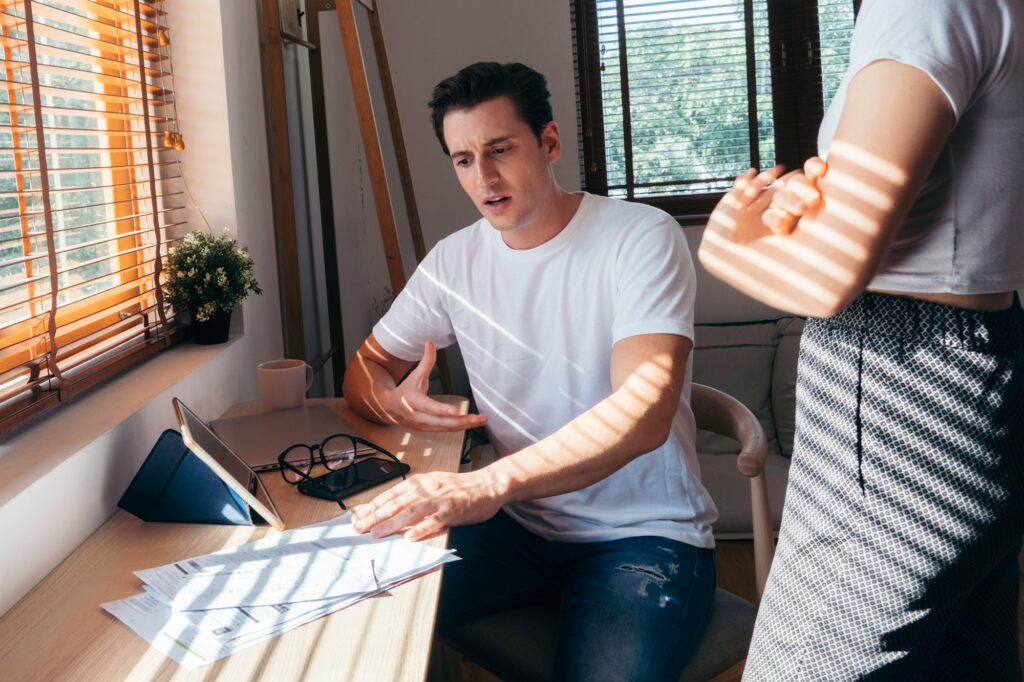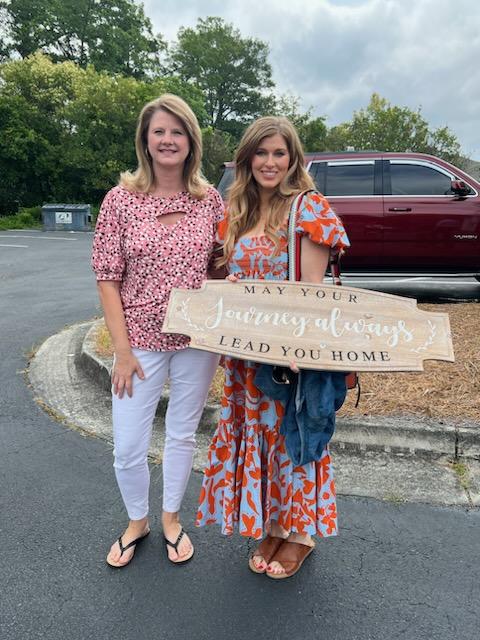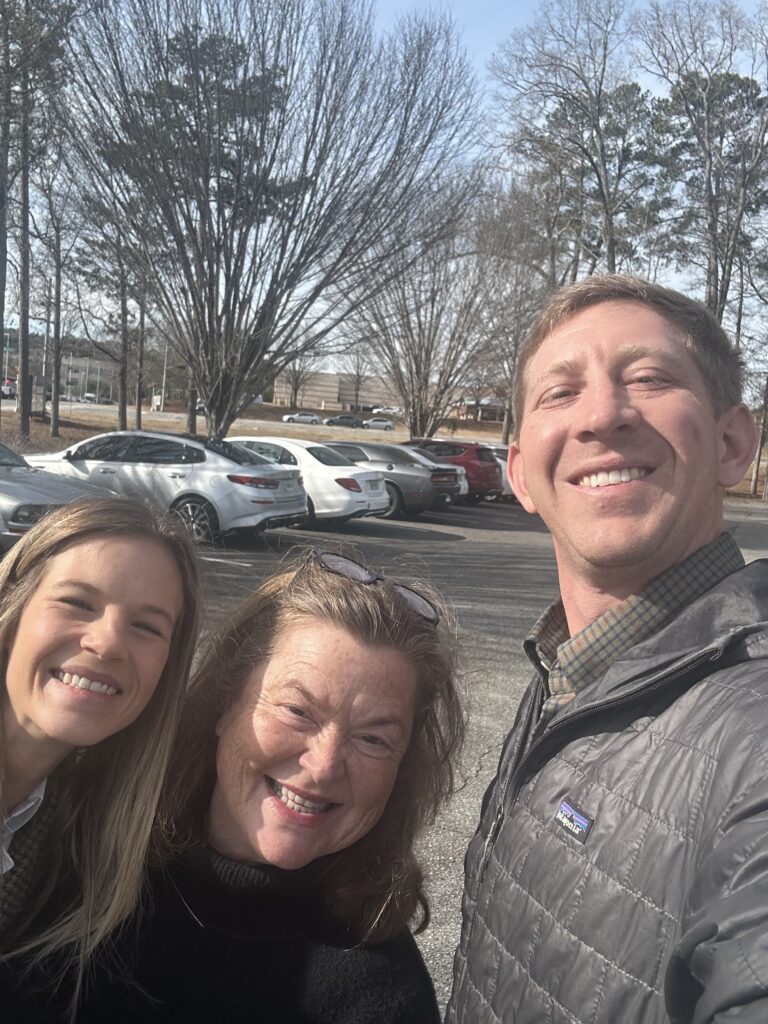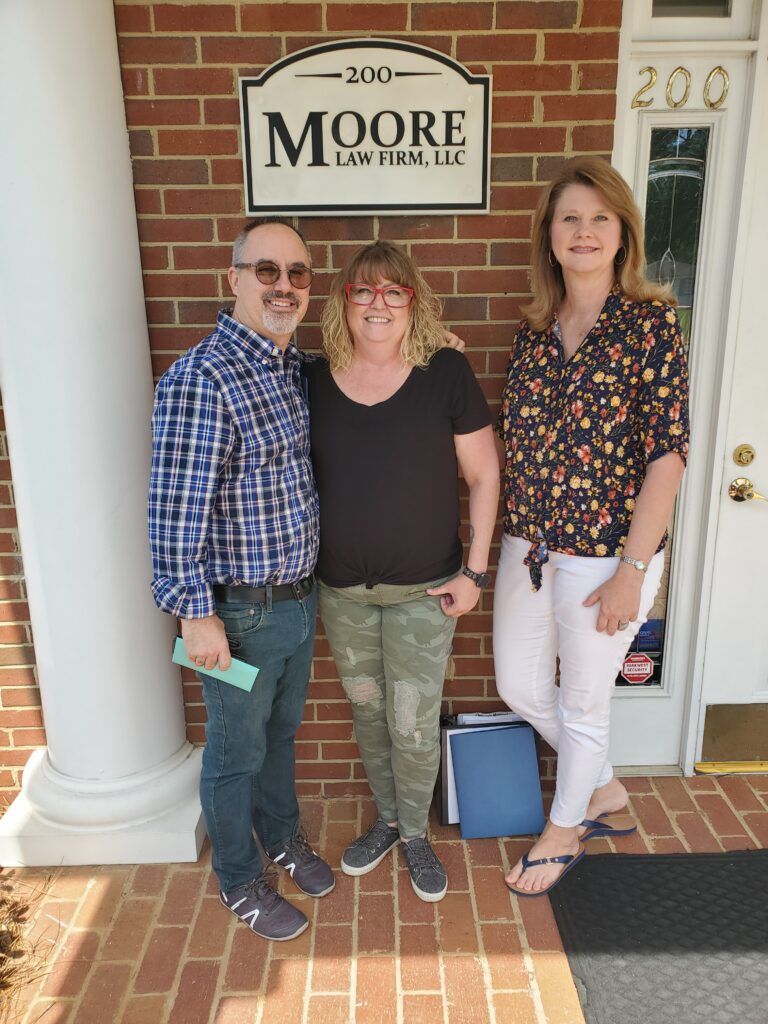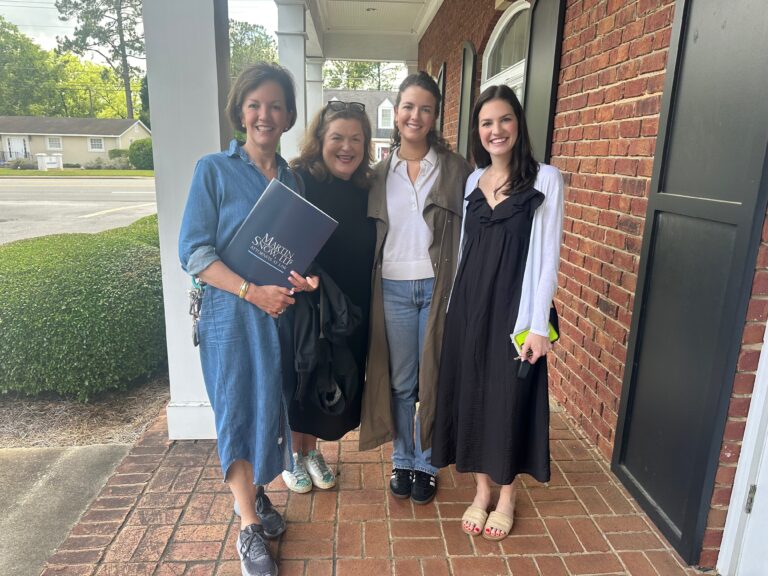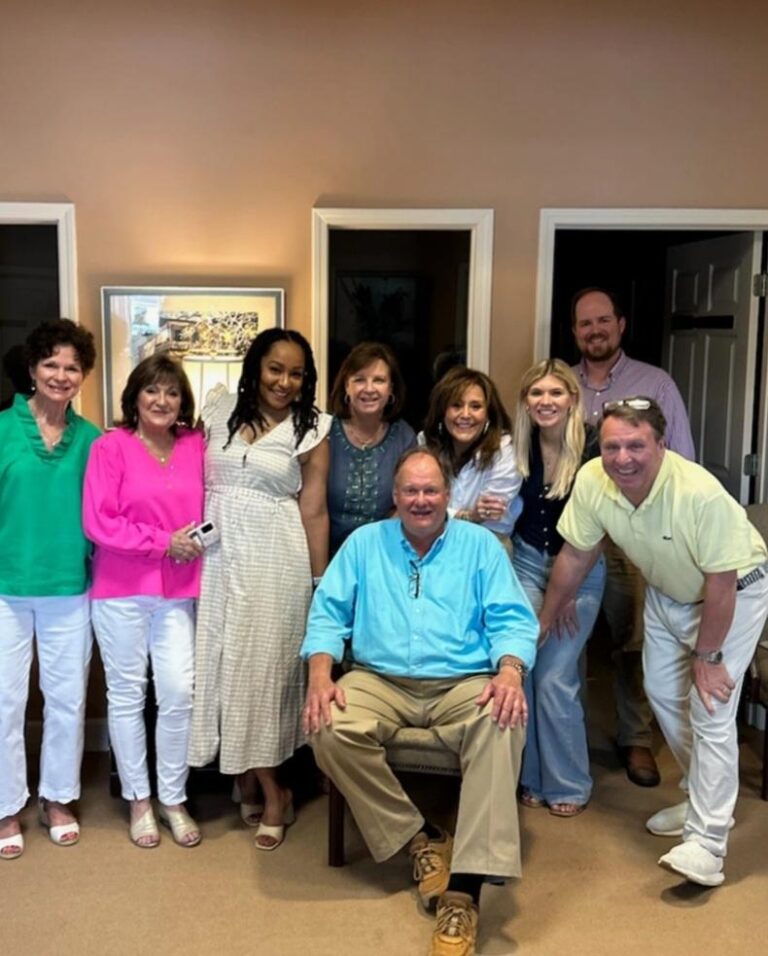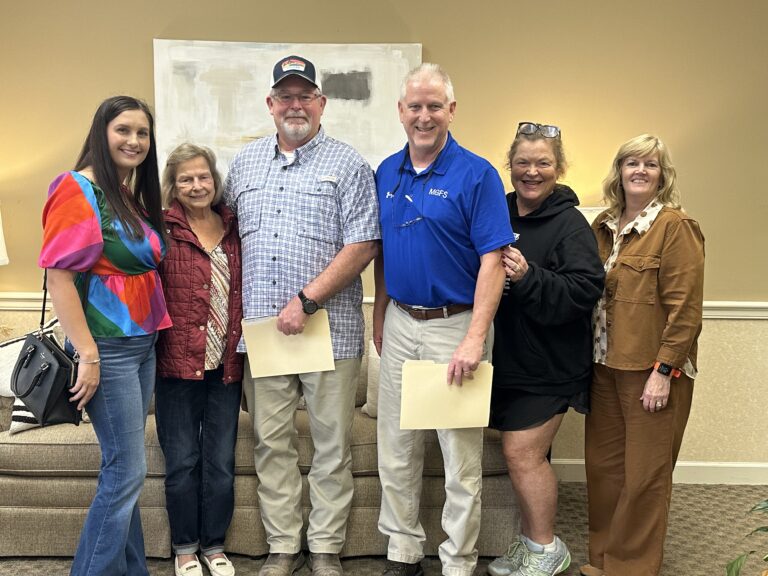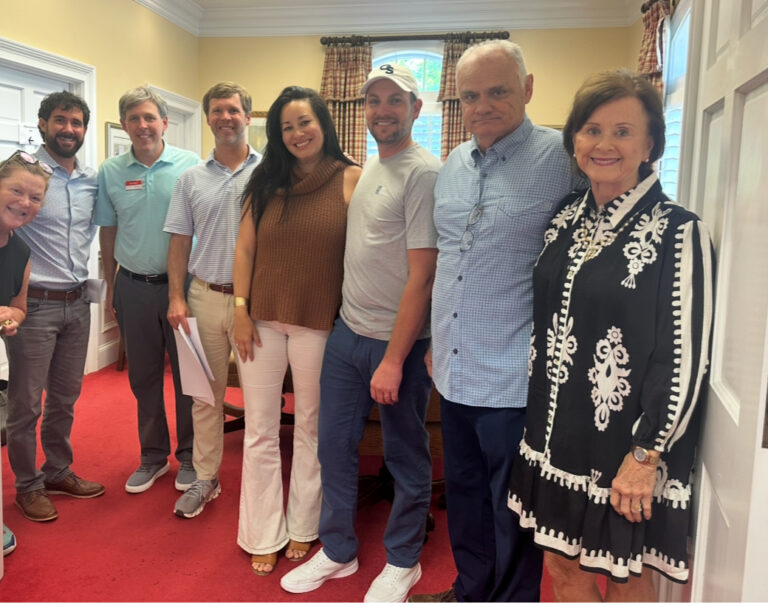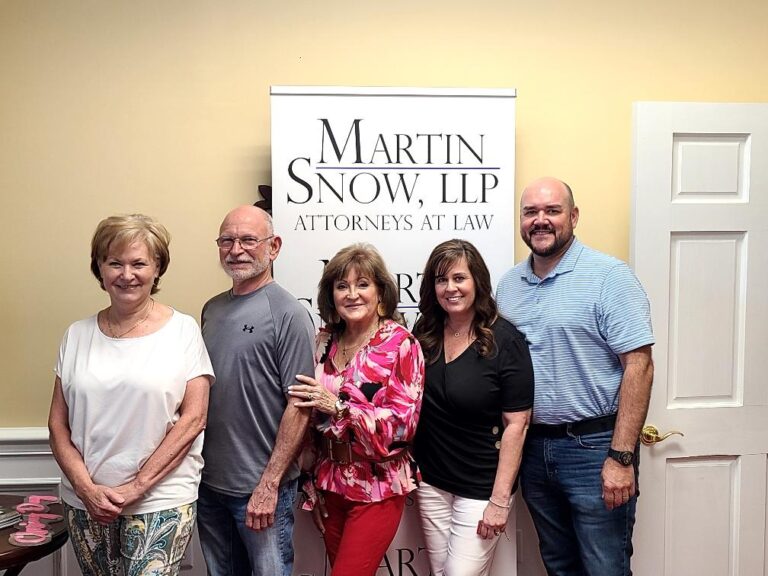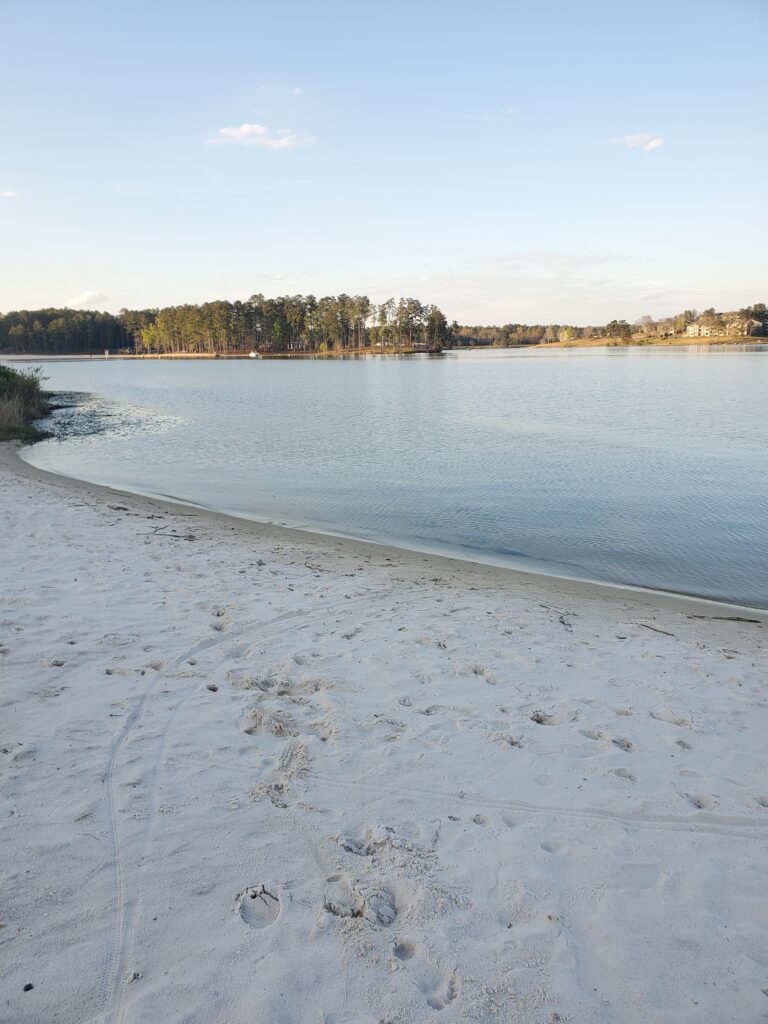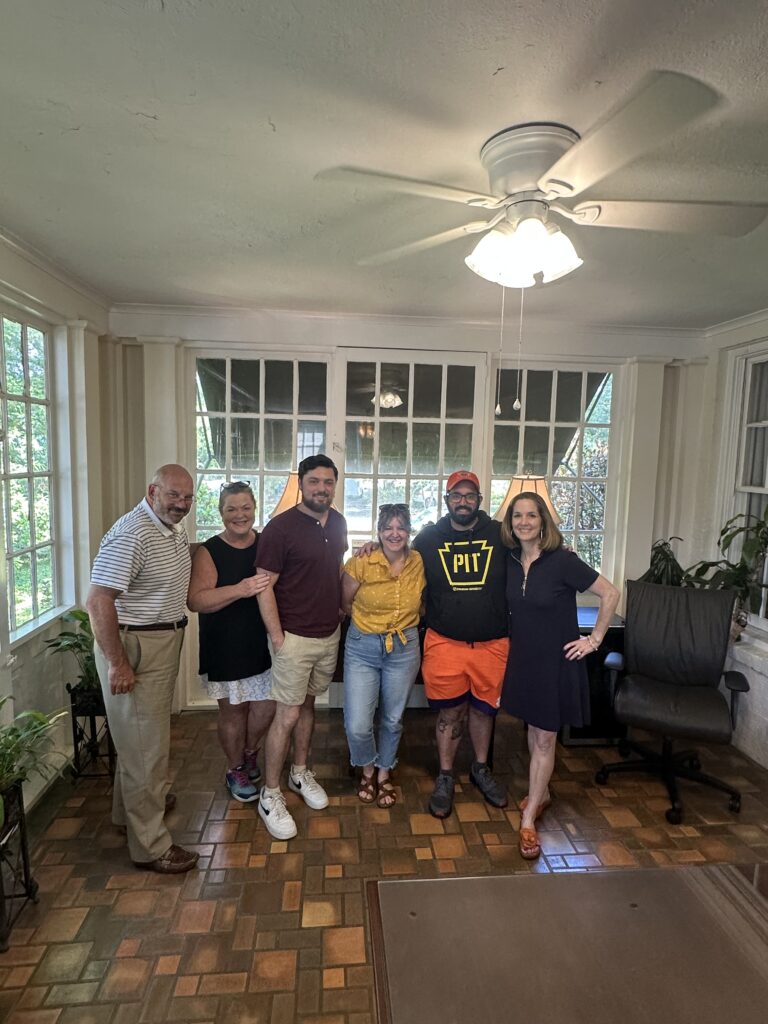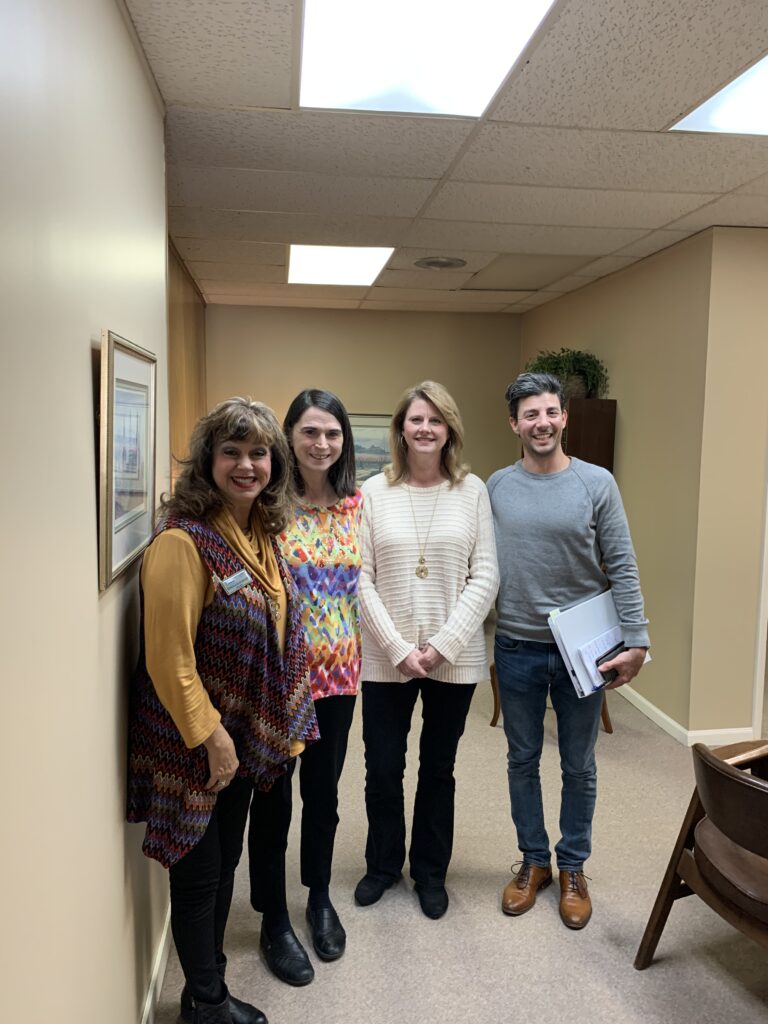Some Tips on Buying an Investment Property
What is an investment property? It’s a property that you own, in part or in full, to generate an income. You can either get your money out in monthly rent payments or a total payout should you be able to do a fix and flip. While a flip provides a bigger payout, it does take more cash upfront to produce a payout. A rental pays off more slowly until you can either pay off the mortgage or lower the payments to the point that your cash flow is substantial.
Build Repair Skills, Hire When You Must
If you’re interested in a fix and flip, you can make more money if you can do some of the work yourself. For best results, be honest about your capabilities and the amount of time you can commit.
For those who are good at details, learning carpentry is a natural progression. If you’re able to work low to the ground and have some hand strength, plumbing skills will grow more efficiently. Your fixing and flipping business may move properties more quickly for those with a good sense of color and an interest in design.
However, if you don’t have the time, the skills, or the interest, hire someone. Amateur electricians can get hurt quickly. Novice plumbers can make expensive mistakes. Make sure that you also have professional help in the management of your investment purchase. For example, if you buy a duplex and plan to live on one side, you may be in the enviable position of having your neighbor pay your mortgage.
You can also get in a lot of legal trouble if you enter the renter’s home. Focus on that difference; it’s your house, but it’s their home while having a lease. Never enter without permission and notification.
Never Lose Focus on Cash Flow
If you plan to do a fix and flip on a property, make sure that you borrow enough to cover
- all the payments during the repair time
- all repairs and improvements planned
- inspections, permits, and insurance
Do not set yourself up to scrape up payments while you wait to sell the house. Most fix and flip projects are funded with private or hard money. Be ready to borrow more than you need, even if the interest will be higher than a traditional mortgage. If you must refinance the property into a rental instead of a flip, you’ll have extra cash to cover the down payment.
Hold onto Your Cash
One of the pitfalls of an investment property purchase is that you simply spend too much on the property. In that event, you may find that each monthly rent collection requires you to pay a bit out of pocket to cover that mortgage.
In this event, it’s time to look for new commercial financing. Stretch out your investment property purchase terms until you’re at least breaking even. Consider adding amenities to allow you to charge a bit more for rent; At the same time, most rentals come with a refrigerator and stove. You may want to add a washer and dryer to justify boosting the rent payments. Don’t put your paycheck in a vice to cover an investment mortgage.
Pair Private and Commercial Financing
Do what it takes to avoid dipping into your savings when buying an investment property. This may seem counter-intuitive; if you have money in the bank, it may be silly to get a mortgage on an investment property. However, the tax breaks on your purchase will give you a break on the interest you pay. Make sure you work with an accountant who can help you capture interest and depreciation breaks.
Do your best to keep your other personal expenses under control to maintain an excellent credit rating when you first shop for your property. To this end, you may be better off using savings to wipe out debt that’s damaging your credit rating and getting a larger investment mortgage at the outset.
Additionally, having cash in the bank gives you flexibility. If you have a rental in a good neighborhood and notice the house down the street is becoming a problem, such as
- it needs work
- the renters are destructive, disruptive, or neglectful
- your tenants are complaining
Cash in the bank means that you can make an offer to buy the eyesore, the party house, or whatever sketchy activity is going on in the property. Make sure you’re purchasing this investment property for the right reasons. You don’t want to be burdened with a money pit, but you also don’t want to allow your property values to be lowered by an uncaring landlord.
Join a Group if Buying in a Different Region or State
When buying an investment property outside of your geographic region, understand that your best option is to be the bank. You will be able to put money into the property but won’t be able to make repairs.
This means that the benefits of an investment property outside your region can lower the labor you have to put into the building but raise your risk of getting a lemon. Make sure that you are paired up with an investor who knows the area. In addition to studying the crime maps and other worries of your target shopping areas, be prepared to find out
- construction zones and plans
- any major road routing issues that will cut off your property
- easement concerns and utility access risks
If you find a pocket of properties available at great prices, is it because they’re an incredible deal or because that area floods each time it rains? Are there parts of your target city that have crime problems or failing schools? You will need properties in neighborhoods that are becoming better places to live for your properties to grow in value.
Contact Sheridan Solomon & Associates Realtors Today
Buying an investment property for the first time can seem intimidating. If you have any questions or would like to look at our listings for potential property, the staff and realtors at Sheridan Solomon & Associate Realtors are ready to help. Our real estate experts in Macon, GA, and Warner Robins, GA, know the areas and can start you down the right path. Call or email us today, and we can get you on the way to investment property ownership today.

